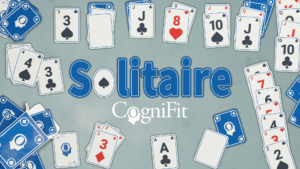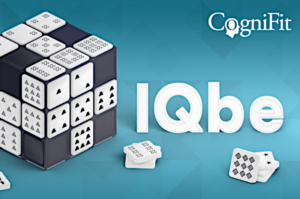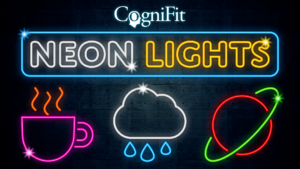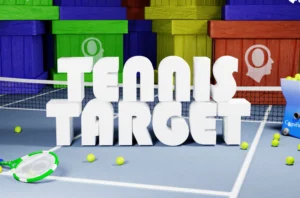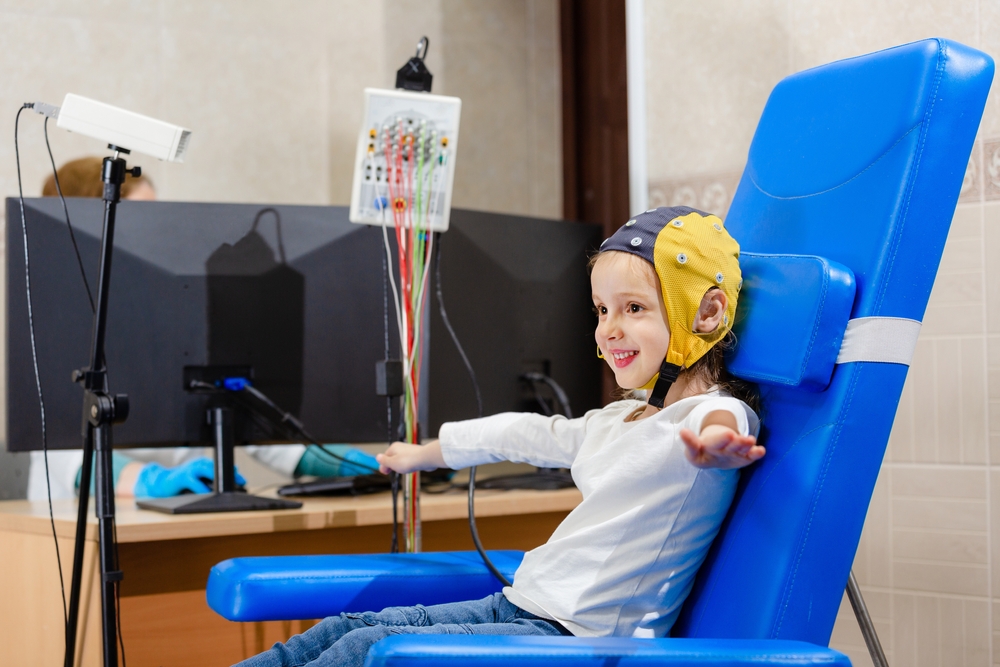
Exploring Cognitive Recovery in Pediatric Epilepsy: The Efficacy of Computerized Executive Function Training
Executive Functions in Pediatric Epilepsy: The Feasibility of a Computerized Cognitive Training Program Approach

Pediatric epilepsy is one of the most common neurological conditions affecting children, with significant impacts not only on seizure control but also on cognitive development, particularly in the domain of executive functions. Executive functions—such as working memory, attention, problem-solving, and self-regulation—are crucial for children’s daily functioning and academic success. However, children with epilepsy often experience deficits in these areas, potentially leading to challenges both academically and socially.
In this post, we will delve into the findings from the study “Enhancing Executive Functions in Pediatric Epilepsy: Feasibility and Efficacy of a Computerized Cognitive Training Program,” which investigates how digital interventions can help mitigate cognitive impairments in children with epilepsy. The intervention, based on the CogniFit Inc. platform, consisted of personalized tasks aiming to improve participants’ inhibitory skills over 16 weeks, with an average of 40 sessions completed per participant. We will explore how these findings align with the growing trend toward personalized and adaptive computerized cognitive training programs.
Understanding Cognitive Challenges in Pediatric Epilepsy
Epilepsy in children, beyond its medical implications, presents a range of cognitive challenges, particularly in the area of executive functions. According to research, children with epilepsy often struggle with:
- Attention Deficits: The inability to maintain focus on tasks for extended periods.
- Memory Impairments: Challenges in both working memory (holding information temporarily) and long-term memory retrieval.
- Problem-Solving and Planning: Difficulties in organizing, sequencing, and executing complex tasks.
- Behavioral Regulation: Increased impulsivity, emotional instability, and trouble managing frustration.

The study highlighted in this review focuses on whether computerized cognitive training programs, like CogniFit, can address these deficits and improve the quality of life for children with epilepsy.
Study Overview: The Efficacy of Computerized Cognitive Training
The article “Enhancing Executive Functions in Pediatric Epilepsy” evaluates the feasibility and efficacy of a computerized cognitive training (CCT) program designed to enhance executive functions in children suffering from epilepsy. Key aspects of the study include:
- Feasibility of Computerized Training: One of the primary goals was to assess whether children with epilepsy can effectively engage with computerized cognitive training programs.
- Measuring Improvement in Executive Functions: The study tracked improvements in attention, working memory, and problem-solving skills before and after the intervention.
- Parent and Clinician Feedback: In addition to objective cognitive testing, feedback from parents and clinicians was gathered to evaluate the perceived changes in daily life functioning and the overall practicality of the program.
Key Findings from the Study
The study presents several significant findings that align with broader research on cognitive rehabilitation and training. These data show promising results for the use of online cognitive assessment and training platforms in cases of childhood epilepsy.
1. Feasibility and Engagement
The study confirmed that children with epilepsy can effectively engage with computerized cognitive training programs. Participants found the interface user-friendly and were able to complete the recommended training sessions. This is a crucial finding, as engagement and sustained participation are often challenging in this population due to attention deficits.
2. Improvement in Executive Functions
Children who participated in the CCT program showed marked improvements in several executive function domains, particularly in:
- Working Memory: The ability to hold and manipulate information improved after consistent training, enhancing the children’s ability to perform multi-step tasks and problem-solving exercises.
- Attention: Significant improvements were noted in sustained attention, allowing children to remain focused on tasks for longer periods without distraction.
- Problem-Solving and Cognitive Flexibility: Participants demonstrated increased ability to switch between tasks and adopt new problem-solving strategies, an important skill for academic success.
3. Behavioral and Emotional Regulation
In addition to cognitive improvements, parents reported positive changes in behavioral regulation, including reductions in impulsivity and emotional outbursts. This suggests that cognitive training can have a ripple effect, not only improving cognitive performance but also positively influencing daily behavior and emotional control.
4. Parental and Clinical Satisfaction
Parents and clinicians provided positive feedback on the program’s efficacy. Parents noted improvements in their children’s attention during schoolwork, as well as enhanced problem-solving abilities in daily activities, such as organizing personal belongings and completing chores. Clinicians found the program practical and easy to integrate into a broader rehabilitation plan, making it a viable option for both home and clinical use.
How CogniFit Aligns with the Study’s Findings

CogniFit’s cognitive training platform shares many of the features highlighted in the study. Here’s how:
1. Personalized Training Programs
One of the critical success factors mentioned in the study was the ability to tailor the cognitive training to the specific needs of each child. CogniFit excels in providing customized programs that adjust based on the user’s performance. This ensures that children are neither overwhelmed nor under-challenged, keeping them engaged while fostering meaningful cognitive growth.
2. Broad Coverage of Executive Functions
CogniFit offers a wide range of exercises designed to enhance key executive functions, including working memory, attention, and problem-solving skills. The platform’s adaptive algorithms help track progress and continuously adjust tasks to target specific deficits, similar to the intervention approach described in the study.
3. Gamification and User Engagement
The study highlighted the importance of user engagement, particularly for children who may struggle with motivation due to cognitive deficits. CogniFit’s gamified approach helps keep children interested by turning cognitive training into a fun, interactive experience. This level of engagement is critical for maintaining consistency in the training program, which is key to seeing long-term cognitive improvements.
4. Parental Involvement and Feedback
CogniFit allows for easy monitoring of progress, enabling parents and clinicians to track improvements over time. This aligns with the study’s approach, which values feedback from both caregivers and healthcare providers as an integral part of the program’s success. Parents can be reassured by regular updates on their child’s progress, further encouraging participation and motivation.
Broader Implications for Pediatric Epilepsy Management
The findings from this study reinforce the importance of addressing cognitive challenges in pediatric epilepsy alongside medical treatment. While seizure control is the primary focus of epilepsy management, the cognitive impairments associated with the condition can have equally profound effects on a child’s development. By integrating computerized cognitive training programs into broader treatment plans, healthcare providers can offer a more holistic approach that addresses both medical and cognitive needs.
Future Directions and the Role of Technology

As technology continues to advance, the potential for digital platforms to offer increasingly effective, accessible, and personalized rehabilitation will only grow. Emerging technologies such as artificial intelligence (AI) could further refine cognitive training programs, enabling even more precise targeting of specific deficits. Additionally, virtual reality (VR) and augmented reality (AR) technologies hold promise for creating immersive environments that could enhance engagement and improve outcomes for children with cognitive impairments, including those with epilepsy.
Conclusion
The study “Enhancing Executive Functions in Pediatric Epilepsy: Feasibility and Efficacy of a Computerized Cognitive Training Program” provides strong evidence for the use of digital interventions to possibly improve cognitive outcomes in children with epilepsy.
References
[1] “Enhancing Executive Functions in Pediatric Epilepsy: Feasibility and Efficacy of a Computerized Cognitive Training Program,” PubMed Central (PMC), https://www.ncbi.nlm.nih.gov/pmc/articles/PMC11049550/.
[2] CogniFit. “Cognitive Rehabilitation and Brain Training Tools.” CogniFit Website.










 Vote for CogniFit in the Postman Developer’s Choice Awards!
Vote for CogniFit in the Postman Developer’s Choice Awards!






